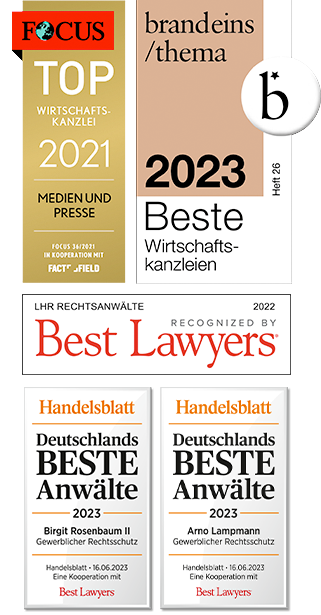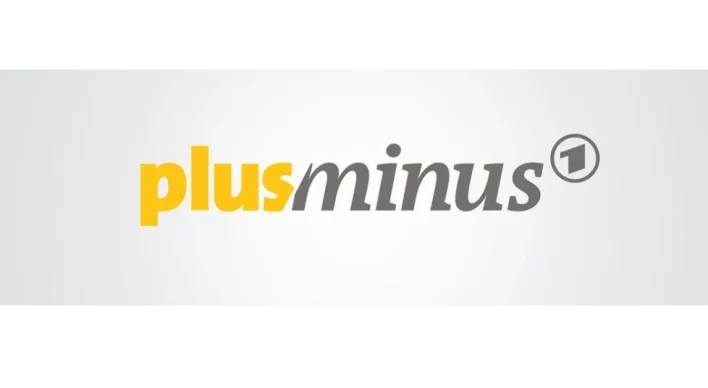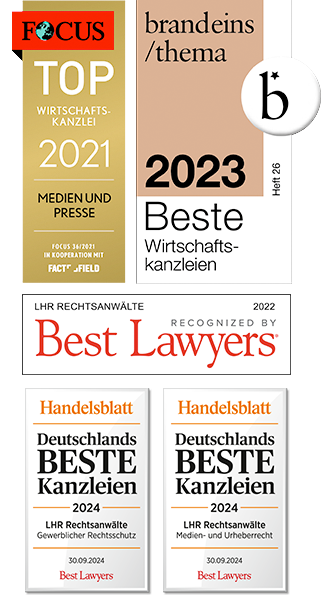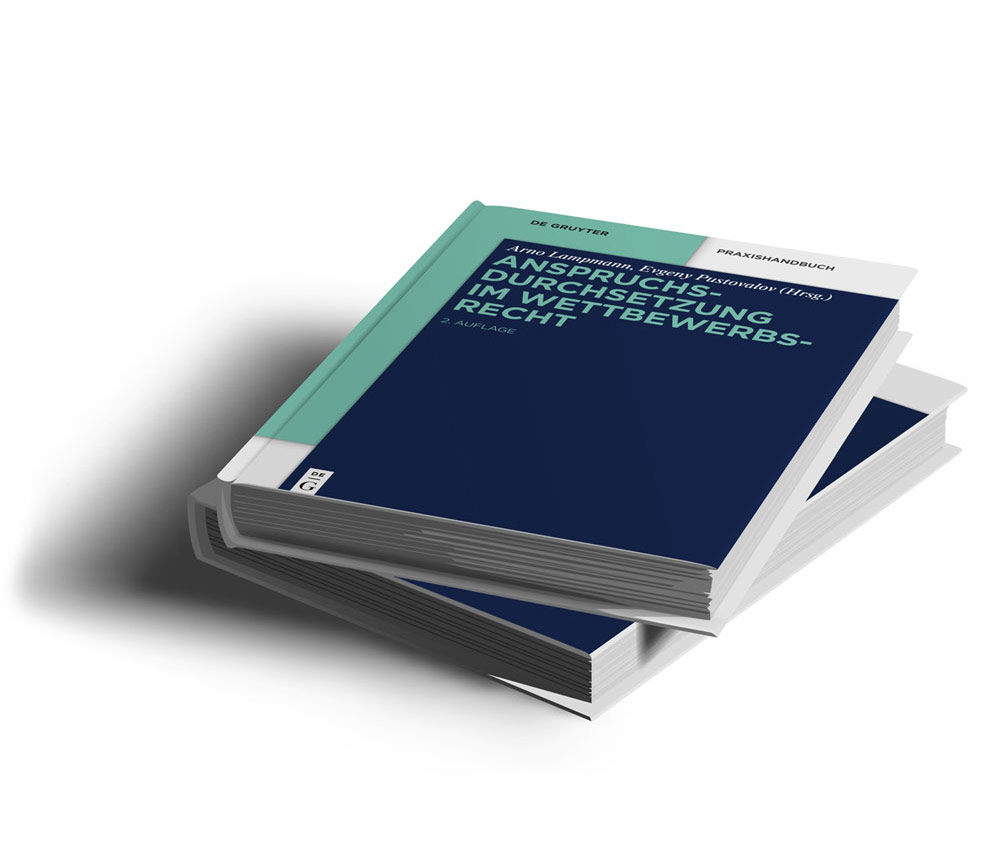Cologne Higher Regional Court confirms use of photographs by Deutschlandradio in breach of CC licence – but not for commercial use

The lawsuit was filed by a photographer who published his photographic works under the “Creative Commons Licence Attribution-NonCommercial 2.0″ to the public for use. The defendant was Deutschlandradio, a public corporation, which had made a photographic work by the plaintiff publicly accessible on the website dradiowissen.de operated by it to illustrate a contribution there. Details of the case here: LHR obtains conviction of Deutschlandradio for unlawful use of photographs before Cologne Regional Court: ‘non-commercial’ in CC licences means ‘purely private’
The Cologne Regional Court’s decision has been widely discussed and criticised in legal circles, including by experts in the field:
The OLG confirms claim for injunctive relief and reimbursement of warning costs
On appeal by Deutschlandradio, the Cologne Higher Regional Court confirmed that the specific use of the photograph in dispute was in breach of licence law. However, unlike the Regional Court, this was not due to commercial use, but because the photograph had been altered by Deutschlandradio in an unauthorised manner. (Cologne Higher Regional Court, judgement of 31 October 2014, ref. 6 U 60/14, not final).
It is unclear whether Deutschlandradio acted commercially or non-commercially
In its decision, the Senate assumes that the Deutschlandradio website is not a free offer, but that this is offset by a consideration, namely the licence fee paid. Nevertheless, it was not possible to determine whether the specific use of the photographs was commercial or non-commercial within the meaning of the licence conditions. This even after a comprehensive, scholastic interpretation of the term ‘non-commercial’ according to the wording, context, the Creative Commons brochure, the motives of the rights holders, the purpose of the Creative Commons licences and even on the basis of the above-mentioned ‘non-commercial’ concept, Lecture by Reto Mantz.
Creative Commons licences are general terms and conditions
Since Creative Commons licences are general terms and conditions in the opinion of the Higher Regional Court, these ambiguities are at the expense of the user, i.e. our client, in accordance with Section 305c (2) BGB, so that Deutschlandradio is to be treated as if it had acted in accordance with the licence at this point.
Concrete use is nevertheless inadmissible
However, according to Section 23 sentence 1 UrhG, adaptations or other alterations of the work may only be published or utilised with the consent of the author of the adapted or altered work. According to the Senate, the specific publication on Deutschlandradio’s website was nevertheless unlawful, as our client had not given his consent to this remodelling. Deutschlandradio could also not rely on the permission of the Creative Commons Licence Attribution-NonCommercial 2.0 Unported (CC BY-NC 2.0), as a significant part of the photograph and the author’s name of our client had been arbitrarily removed prior to publication and the redesign had not been taken into account by a corresponding notice, as required by the licence conditions pursuant to section 4 c).
The Higher Regional Court leaves it open whether our client’s consent was granted from the outset only under the terms of the Creative Commons licence or whether Deutschlandradio caused the automatic termination of the licence agreement pursuant to No. 7 a) sentence 1 by breaching the terms of the licence. In any case, the breach of the licence conditions leads to a ‘reversion’ of the right of use.
No licence damages
Unlike the Regional Court, the Cologne Higher Regional Court was of the opinion that Deutschlandradio did not owe our client any licence damages. This was because the use of the photograph had to be considered non-commercial due to the above-mentioned ambiguity rule and the author had been named, so that no ‘infringer surcharge’ was required.
The Federal Court of Justice could have the last word
The judgement of the Higher Regional Court of Cologne is not final. The Senate has explicitly allowed an appeal to the Federal Supreme Court, as questions of interpretation of the Creative Commons licences are of fundamental importance and have not yet been decided by the highest court.
All (supposed) uncertainties removed
As far as we are aware, the decision of the Cologne Higher Regional Court is the first German court decision to deal with the scope and effectiveness of the Creative Commons ‘non-commercial’ licence. The conclusion to be drawn is that the ‘non-commercial’ licence form evidently does not provide the legal clarity for which it was created and thus poses unexpected difficulties in practice, which the Creative Commons licence model was actually intended to eliminate. Perhaps those responsible will take the decision of the Higher Regional Court as an opportunity to adapt the relevant sections of the licence texts accordingly. There is certainly a need for this, not only with regard to the term ‘non-commercial’.
Practical tip:
In addition to the shortcomings of the licence texts, the Higher Regional Court’s ruling reveals additional potential for conflict regarding the specific manner in which image material can be used under Creative Commons licences.
In its decision, the Senate also focused its attention on a rather inconspicuous provision in the licence agreements that deals with the editing of image material. Although alterations (including all changes to the photograph, such as cropping, which change the image statement) are generally permitted in accordance with No. 3 c), they infringe No. 4 c) if they remove an existing copyright designation in the image. In addition, generally permissible adaptations in accordance with No. 3 c) of the licence must specify the type of processing, otherwise this constitutes a breach of the licence conditions.
In its grounds for judgement, the Higher Regional Court makes a suggestion as to what such a notice could look like. It would have been correct to provide the copyright notice with the words ‘Detail of a photo by…’ or similar wording.



